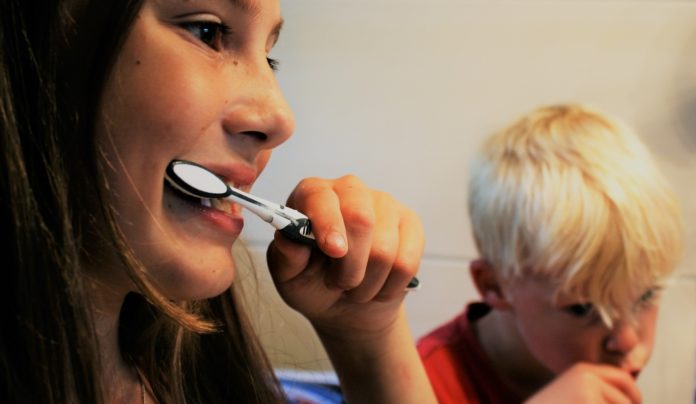Early colonization of intestinal microbiota during the neonatal stage plays a vital role in the development of the intestinal immune system and nutrients absorption of the host.
Compared to the normal birth weight (NBW) piglets, intrauterine development restricted (IUGR) piglets have another intestinal microbiota during their initial life, which is identified with maternal imprinting on intestinal microbial progression during gestation, at childbirth and by means of suckling. Imbalanced assignment of restricted nutrients among embryos during birth could be one of the primary drivers for impaired intestinal improvement and microbiota colonization in neonatal IUGR piglets.
In a new study by the Universities of Bristol, scientists found that 28-day old piglets produced very different levels of immune cells, antibodies, and other immune-associated molecules depending on their sex, contradicting previous evidence suggesting that the difference in immunity begins during puberty.
Dr Marie Lewis, principal investigator, and Lecturer in Gut Immunology and Microbiology at the University of Reading, said: “Correct development of the immune system is essential in ensuring it responds appropriately to both harmful and harmless stimulation throughout life and this development, even during the first days of life, depends on your sex. Although we don’t know why we know that young girls tend to produce a more protective immune response to vaccination than boys.”
“But what we did not expect to find is that young girls also appear to have a more regulated immune environment in their intestinal tissues than boys. This is important because around 70 percent of the immune system is in the gut, and this is also where its development is driven during early life, largely by the resident gut bacteria.”
“Piglets are valuable preclinical models for human infants, especially for nutritional studies, and we also show for the first time that probiotics and prebiotics can have different effects on the immune system in male compared to female piglets. For example, the prebiotic inulin significantly increases the number of cells responsible for controlling immune responses, the regulatory T-cells, in male guts but not in female guts.”
“The consequence of this study is that we need to rethink how we design and analyze the data from nutritional trials in youngsters. Currently, studies looking at the effectiveness of dietary supplements on the immune system assume that the same thing happens in boys and girls. But we show this is not the case and that sex may be influencing data on the effectiveness of probiotics and prebiotics in infanthood.”
Mick Bailey, Professor of Comparative Immunology at Bristol Veterinary School, added: “The work raises some really important questions about why this happens – is it because the levels of the different sex hormones make the immune systems different almost as a side effect, even at this age, or is it because the immune and reproductive systems need to be fundamentally linked during early development?”
The study discovered that probiotics and prebiotics work differently in male compared to female 28-day old piglets. Scientists noted, the effect of these nutritional interventions can be masked if males and females were looked at all together.
Dr. Lewis continued: “This also means that treatments for immune disorders may need to be designed differently for infant girls and boys. In the future, we could find that specific probiotics or prebiotics are more beneficial for girls, while others could generate better health outcomes for boys. Given the underlying differences in immune development, we identified between boys and girls, taking sex into account could provide a simple means to improve the effectiveness of pharmaceutics and other therapies that act on the immune system.”
The study is published in the journal Frontiers in Immunology.
